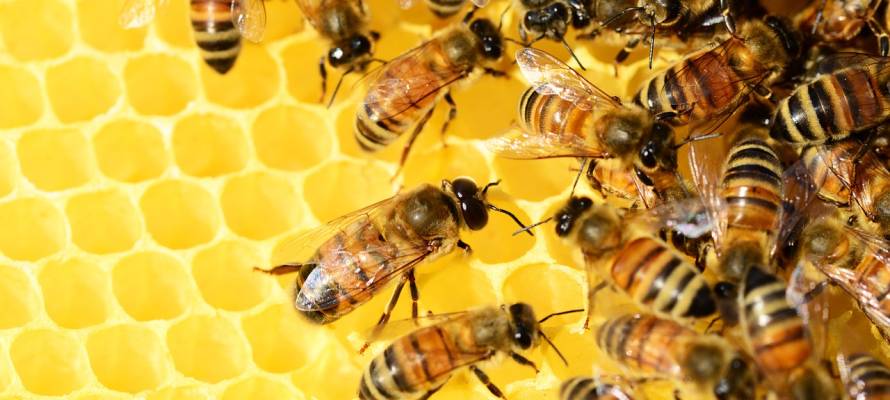BeeHero takes beekeepers virtually into the hive and monitors bee activity in real time to fully understand how bee populations are faring.
By Shula Rosen
Although no one likes to get stung by a bee, these insects are responsible for healthy plants and sustaining our food supply through pollination.
Pollution and climate change threaten bee populations worldwide, and the lack of bees can create serious problems for agriculture.
One solution to this problem is to ensure that hives and bee populations operate efficiently to stimulate pollination and encourage the growth of crops.
An Israeli startup, BeeHero, takes beekeepers virtually into the hive and monitors bee activity in real-time to give a full picture of how bee populations are faring.
BeeHero already has offices in Israel and the US and recently established a new headquarters in Victoria, Australia.
This is particularly crucial for Australia, where one-third of the crops depend heavily on pollination.
BeeHero is partnering with Monson’s Honey and Pollination to assist beekeepers in Australia.
BeeHero’s technology works through tiny, low-cost sensors that monitor and collect data inside the hives.
The BeeHero’s Precision Pollination as a Service (PPaaS) will detect problems, such as extreme weather conditions threatening the hive or the death of the queen bee.
“We’re excited to ramp up our operations at such an exciting time for BeeHero and Australian agriculture,” said BeeHero CEO and co-founder Omer Davidi.
“Relationships are at the heart of our work, powering our ability to support local beekeepers and growers in their efforts to sustainably produce the food that helps nurture the Australian population and economy,” he said.
“We look forward to partnering with the region’s corporate and family farms to improve pollination outcomes and operations for more efficient and profitable farming.”
BeeHero has offices in Tel Aviv and California and monitors 300,000 hives globally.
The PPaaS technology eliminates guesswork and expense in monitoring hives, improves pollination efficiency, and preserves crops.
